The Community Care Clinic
Support The Community Care Clinic - an initiative by Michelle van Tongerloo
🌟 Bring Care to the Community of Vrygrond
If you don't have money in Cape Town, access to healthcare is limited. South Africa has a public healthcare system that provides basic care to people on low incomes, but there are challenges. As a result, people usually only receive emergency care—and often not even that. Access to care is even worse if you are a person of color, meaning you have mixed skin, not black or white. This has various causes (historical, economic, and social), which we will briefly explain below.
🌍 Why Freeland?
No access to medical care
Endemic diseases
Overcrowded hospitals
Violent living environment
In short...
During apartheid, people of color were forced to relocate to suburbs, which still have fewer, if any, medical facilities than wealthier neighborhoods. Many communities of color struggle with high unemployment and low incomes. Because private healthcare is expensive, they often rely on government clinics, which are overcrowded and underfunded. Wait times are long, clinics don't always have enough medications or doctors, and there's often a lack of specialized care. Furthermore, communities of color face high levels of substance abuse, which causes health problems and increases the burden on the healthcare system. Mental health care is limited and difficult to access. There is also significant discrimination against the people of color from both Black and white communities, and numerous reports of medical professionals taking patients from these communities less seriously, leading to poorer care. Finally, gang violence makes it more difficult to see a doctor, especially in the evening or at night. Ambulances and healthcare providers are afraid to enter certain areas.
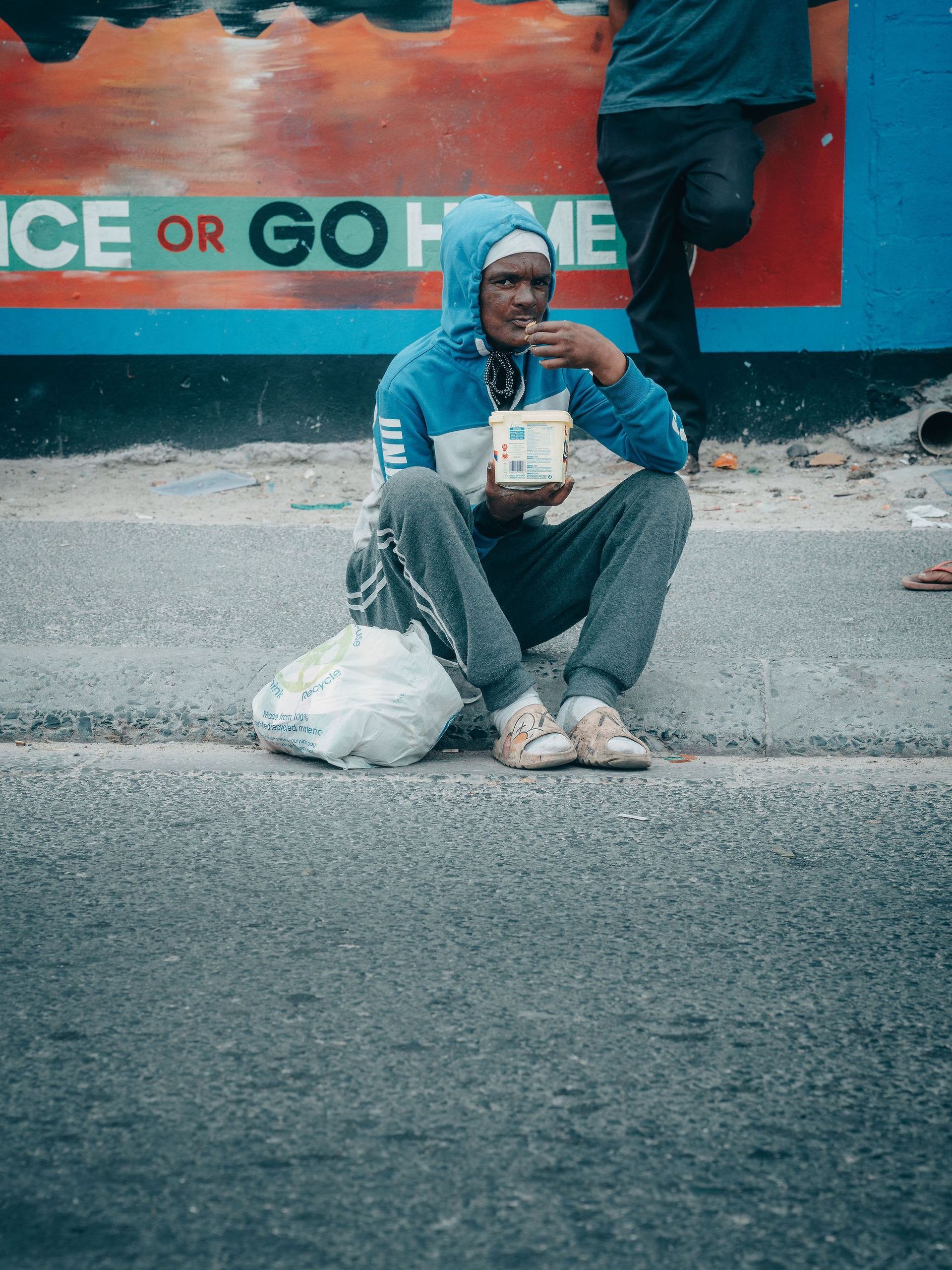

Waarom The Community Care Clinic?
During Van Tongerloo's stay, she was taken several times to a township of a Colored community: Vrygrond, a township with approximately 18,500 residents where Where Rainbows Meet also operates. Many residents live below the poverty line and have no steady income, living primarily in informal shacks, often without basic amenities such as a sewer. Overcrowding leads to poor living conditions and health risks. There is no clean drinking water, and sanitary facilities are not always adequately available. The electricity supply is unreliable, and many people live without running water.
The area faces numerous health problems. There are high rates of HIV/AIDS, tuberculosis, malnutrition, hypertension, and diabetes. Mental health and addiction issues are also common. Access to healthcare is also lacking in the area: there isn't a single health clinic. Meeting the people of Vrygrond inspired Van Tongerloo to open a health clinic there.
How can you help?
Much preparatory work has already been done. The conditions for establishing this are very favorable. Thanks to the extensive local network, a great deal of knowledge and expertise is already available. Furthermore, an agreement has already been reached with the board of Where Rainbows Meet that we can open the clinic on their property in Vrygrond. This location will be respected: there will be no burglaries, and the site will be left undisturbed by gangs. We want to work with a ready-made container in which we can immediately start a clinic. Staff (nurses and doctors) have already been found through the network in Cape Town. And after several conversations with professionals and residents there, we have a clear picture of what we would like to diagnose and treat and what is needed for this (think of contracts, insurance, establishing a South African foundation, medical equipment to be purchased, connecting a medical information system, agreements with clinics for referrals, and medication security).
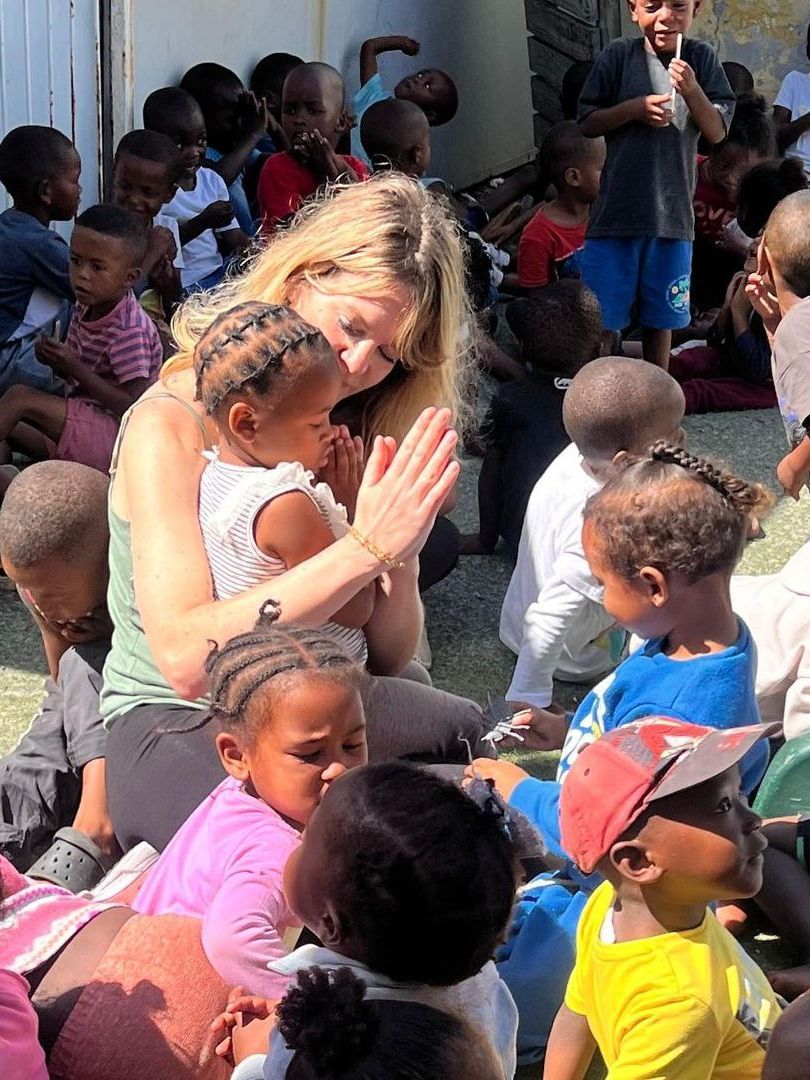
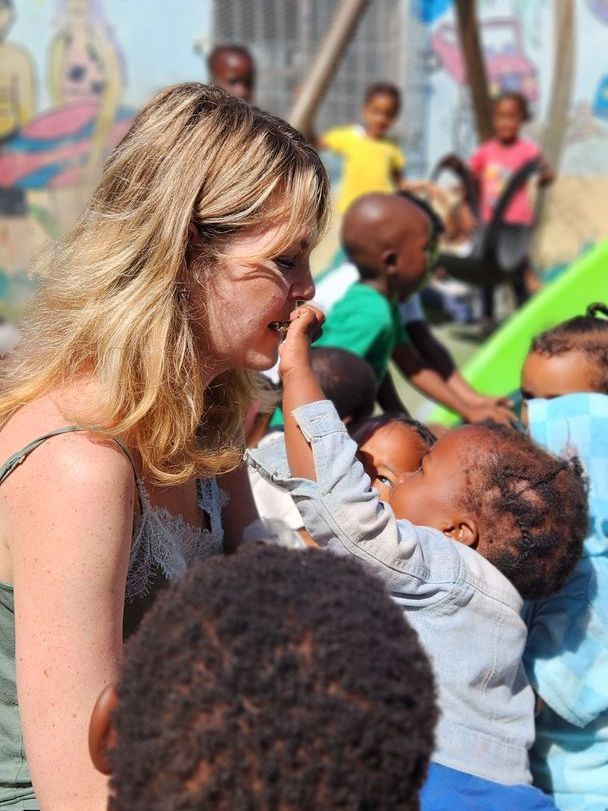
About the initiator
Michelle van Tongerloo is a dedicated general practitioner who has dedicated years to helping underprivileged people in the Netherlands. In her work as a street doctor in Rotterdam, she provides medical care to people without a permanent address, addicts, and people without valid papers. Through her foundation, Lekker Geven (Good Giving), she supports her patients with direct care through private donations.
Michelle is also a columnist for De Correspondent and Medisch Contact, where she shares her experiences and raises awareness of the shortcomings in the healthcare system. In her book "Komt een land bij de dokter" (When a country goes to the doctor), she describes the harrowing situations she encounters daily and advocates for a more humane healthcare system.
Now, with her new initiative, The Community Care Clinic, Michelle is focusing on providing aid in other countries. With this project, she aims to make basic healthcare accessible to disadvantaged people in other countries, focusing on preventive care, medical support, and local collaboration. Her efforts were recognized in 2023 with the Ab Harrewijn Prize for her tireless commitment to the most vulnerable in society.
Collaboration with Where Rainbows meet...
The Community Care Clinic works closely with Where Rainbows Meet, an organization active in Vrygrond since 2008. They are a familiar face in the community and offer services such as shelter, education, and food programs. This partnership creates a safe and secure environment for patients.
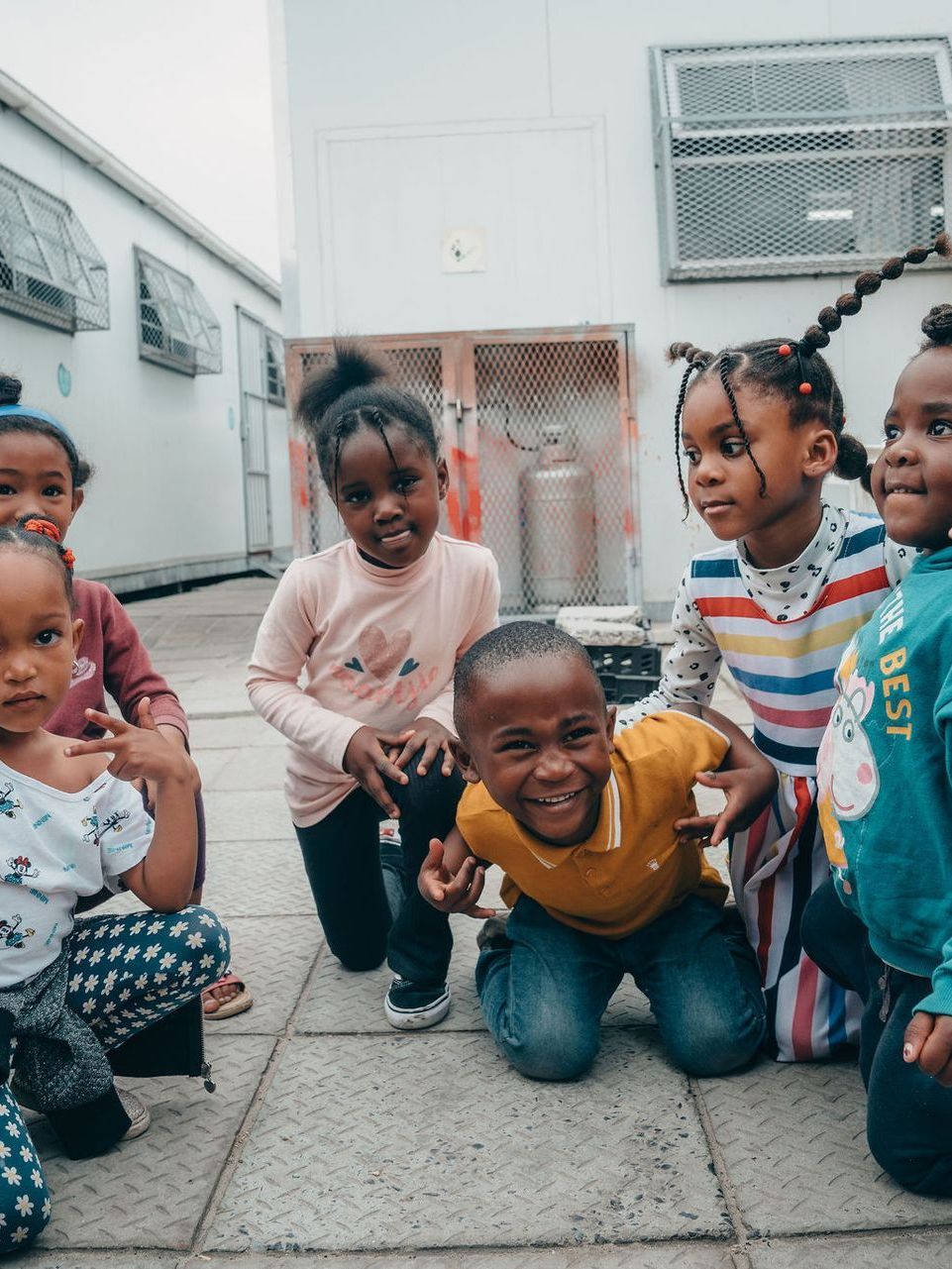
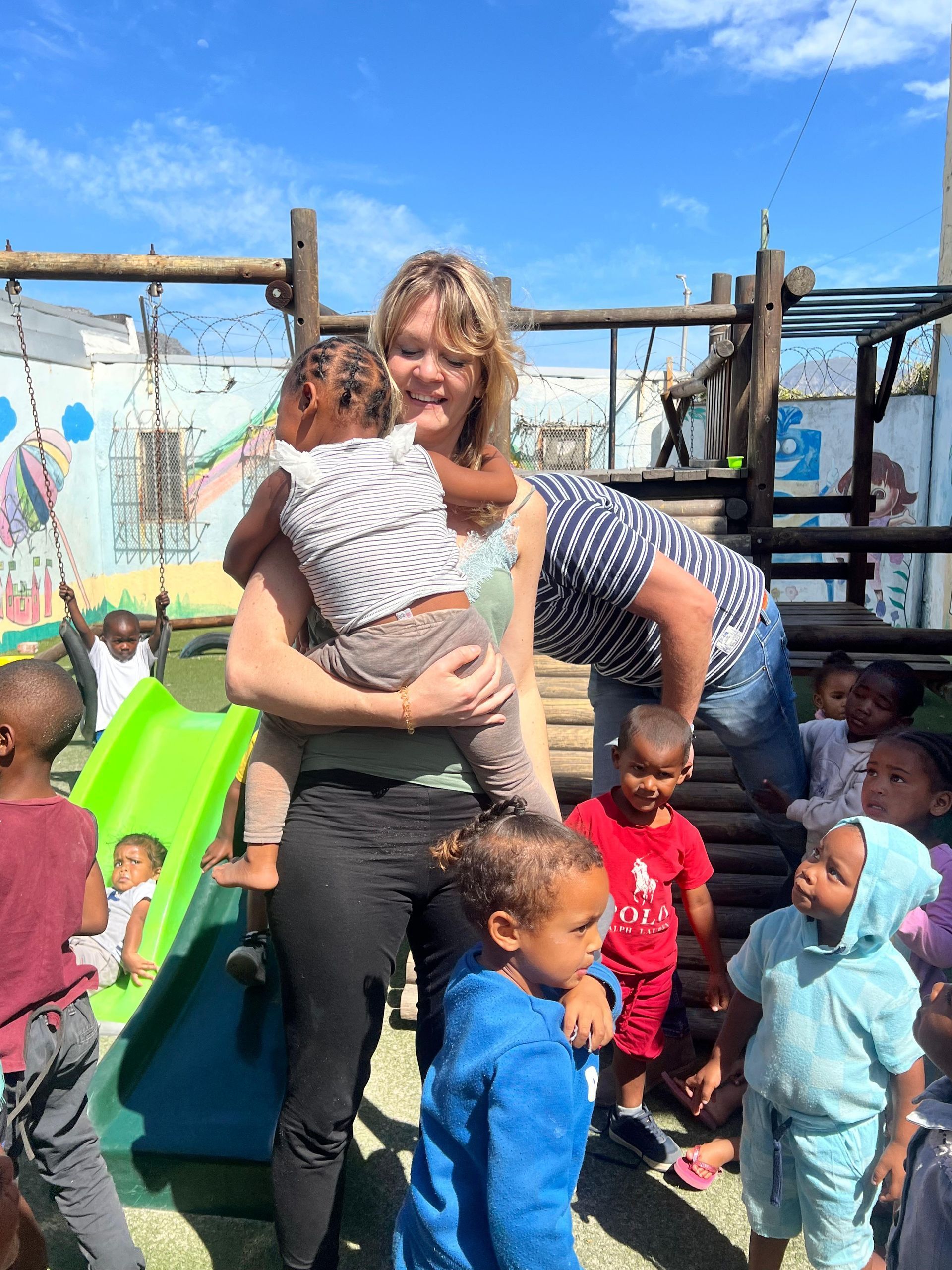
Help us build a healthy future
With your help, we can break the vicious cycle of poverty and disease. Donate today and make a life-changing difference for the people of Vrygrond.
I have a question
Have a question? Ask it using the form below, and we'll get back to you as soon as possible!


